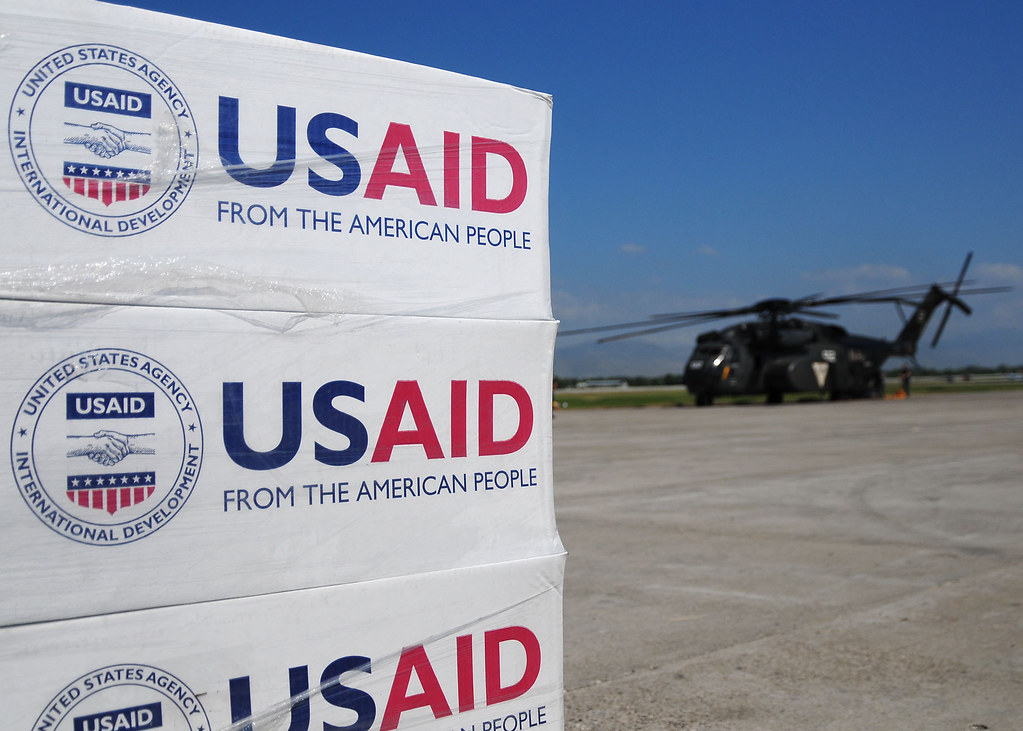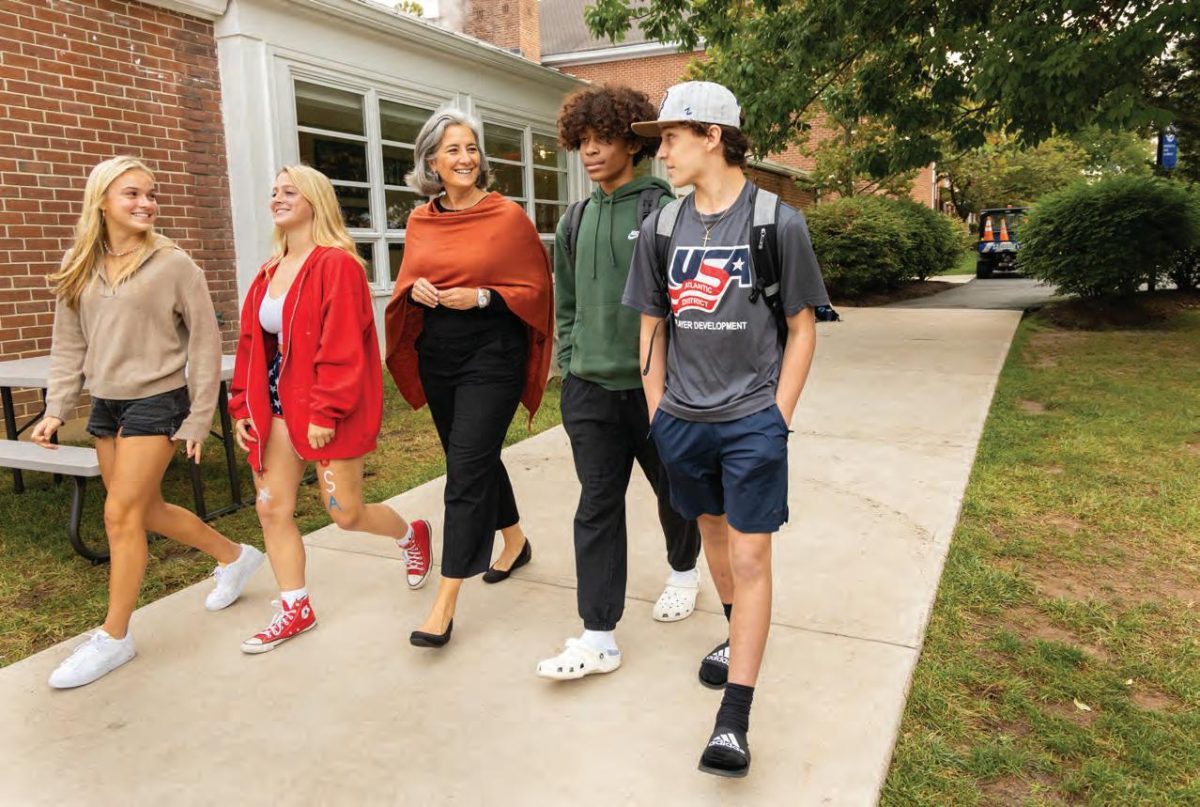The future of the United States Agency for International Development (USAID) is uncertain with President Trump pushing to shut it down or merge it into the State Department. Amid these efforts, thousands of employees have been placed on leave, and staff from global missions are being recalled, raising concerns about our country’s ability to continue its humanitarian work—Princeton Day School students have responded to this news in several ways.
USAID, founded in 1961, oversees billions of dollars in aid programs focused on famine prevention, disease control, as well as disaster relief—it operates in over sixty countries and employs roughly 10,000 people. A longtime critic of foreign aid, Trump argues that this spending is excessive and should be more directly aligned with U.S. interests. However, the attempted shutdown faces significant legal and congressional challenges, as USAID was established by law. Merging it into the State Department could shift priorities, much like the UK’s 2020 foreign aid restructuring. Critics also warn that eliminating USAID could disrupt life-saving programs, harm global stability, and even risk U.S. national security.
This move has sparked concern among many students, including Charlotte Wu and Anika John-Anniselvan, two sophomores. Wu has voiced her alarm over the agency’s uncertain future and says, “I’m extremely concerned for the wellbeing of our country.” She further expressed the need for youth to recognize the importance of foreign aid in its impact on global relations. John-Anniselvan echoed this sentiment, adding, “Cutting USAID off would mean devastating consequences for millions who need it for support.” She also believes that schools nationwide should be discussing more global issues and emphasize talking about policy decisions. The uncertainty surrounding the future of this government agency has resonated within the broader school community, where global engagement and humanitarian awareness are core values. Many students and faculty who advocate for international aid and service initiatives see this as a troubling shift in policy, and as the debate continues, the student body remains engaged in discussions about global responsibility and the role the U.S. plays in addressing international crises.








